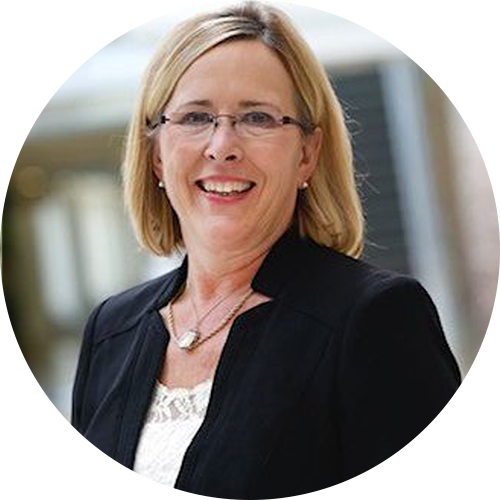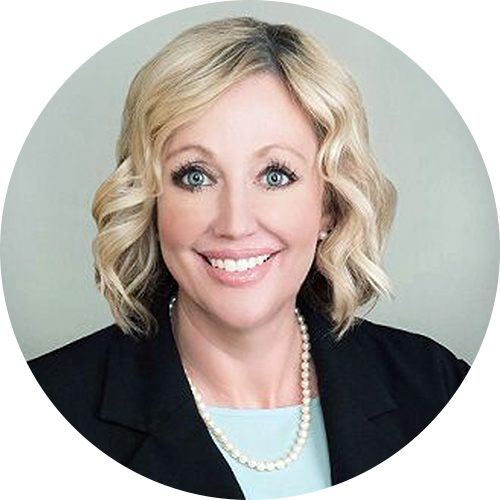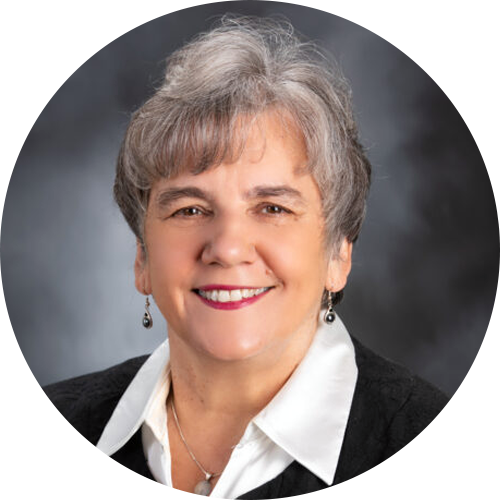RSV
Infectious Disease Resources
AWHONN offers a collection of essential research, courses, publications, and resources on topics that will help you at any stage of your career.
ACOG continues to recommend that eligible pregnant individuals from 32 to 36 weeks of gestation receive the maternal RSV vaccine Abrysvo through January 31. There is still time to vaccinate your patients who are in this gestational window!
Those eligible for the maternal RSV vaccine are those who did not receive the maternal RSV vaccine during the 2023–2024 RSV season and who are not planning to have their infant receive the RSV monoclonal antibody, nirsevimab.After January 31, AWHONN has the following recommendations regarding storage and administration of the RSV vaccine following the end of the official 2023-2024 RSV vaccination season (January 31, 2025). Maternal RSV vaccination is not recommended for pregnant patients of any gestational age, except in specific jurisdictions with RSV seasonality that differs from most of the continental United States. Health care professionals should follow state, local, or territorial guidance on the timing of administration. You should strongly encourage pregnant patients who have not received the RSV vaccine to consult with their pediatric health care professional about administering the monoclonal antibody, nirsevimab, to their infants after birth.
Of note, if you have unused maternal RSV vaccine after January 31, clinicians should:
- Continue to store the vaccine in the refrigerator between 2°C to 8°C (36°F to 46°F). Unopened, refrigerated shelf life for Pfizer’s Abrysvo vaccine is 36 months.
- Regularly monitor the vaccine’s expiration date. Discard any expired vaccine. Any vaccine that is not expired may be used for the 2025-26 respiratory virus season.






















